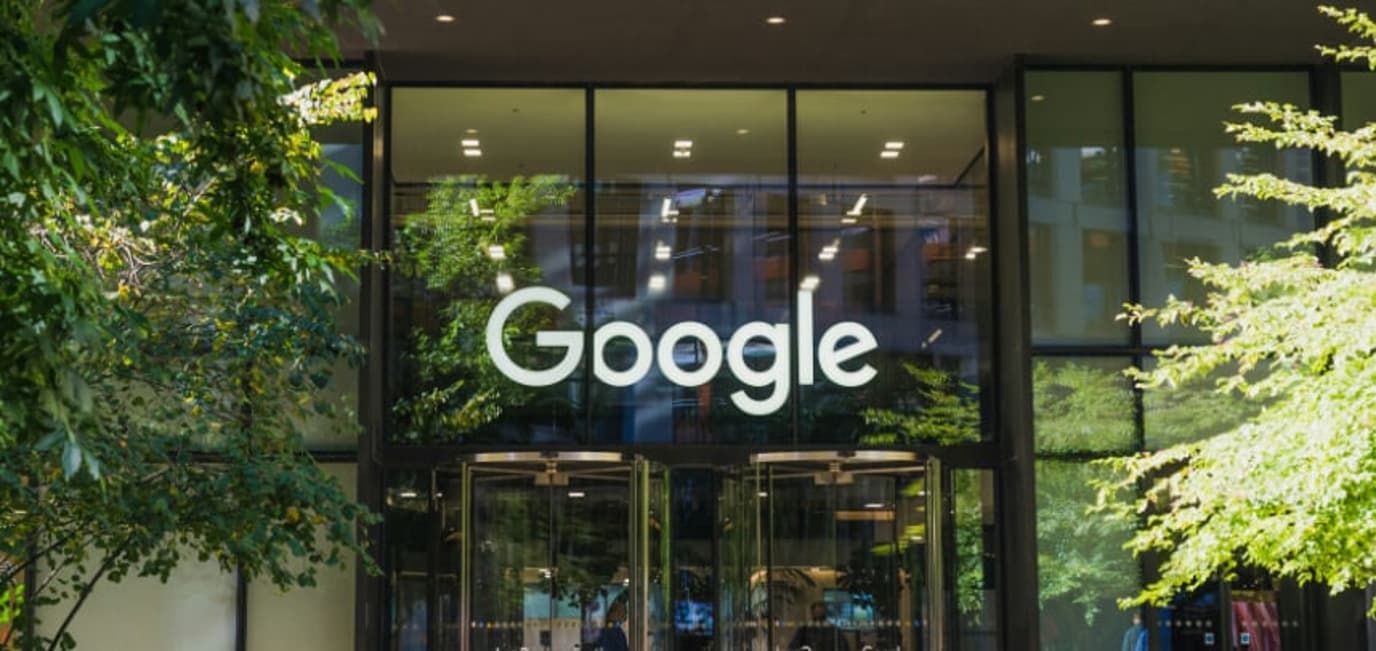
Debunking the myths
We’ve all heard plenty of myths in our day to day lives. You swallow eight spiders a year while sleeping. Albert Einstein failed maths as a child. It takes the human body seven years to digest gum. These myths, and many more, have been doing the rounds for donkey’s years. And for the most part, they’re pretty harmless. SEO myths, on the other hand, can be quite damaging as you may be following certain myths to try and help your business to succeed.
Back in 2010 Google boasted that they use over 10,000 signals to determine how pages are ranked. With this many factors involved, there’s bound to be speculation about what’s included in that list of 10,000 and what isn’t.
This speculation could lead to a spread of misinformation and widespread confusion. When it comes to SEO, the result of this could be time and money wasted. The importance of SEO for businesses is huge. This is why it’s important to separate fact from fiction and to debunk the most common SEO myths that are still circulating today.
Keyword density improves page ranking
This myth originates from the early days of SEO, back when it was, in fact, true. But Google has done a lot of growing up since then. It can no longer be fooled by simply stuffing in as many keywords as possible.
Don’t misconstrue this; keywords are still very important. Using them correctly in your title, metadata and spreading them evenly throughout your post is crucial in getting a piece of content to perform well.
However, Google has learned to identify natural language patterns. It’s also very good at understanding the use of synonyms, related topics and other variations in language. Pretty clever, right?
This means you don’t actually need to keep stuffing in your keyword. If you give a well-rounded view of your topic, including other words that are related to your keyword, Google is now clever enough to pick up on this and make sense of it.
Google only ranks fresh content
Here’s a myth that we touched on briefly in our guide to updating content. It’s important to clear this one up because, on the whole, it’s not true, but in certain cases, it can be.
‘Freshness’ is a ranking factor that matters more to some queries than others. It applies to search queries that relate to very recent events, such as ‘football results today’. In this situation, Google will of course have to display fresh content on its results pages, as these are the only ones that will be relevant.
But for queries that aren’t so dependent on being fresh, Google is happy to use older content. For example, ‘how to make poached eggs’ is a process that won’t change (unless Heston invents a new method that we all switch to), therefore Google is happy to display older results for it.

This doesn’t mean that you should leave these pages alone forever. Google likes it when older content is updated. Imagine someone discovers a new, better way of cooking poached eggs (like we said, Heston is probably working on this already). Google would like it if you updated your page to include this method and made your guide even more informative for the audience.
And even if there wasn’t an amazing new method, you could still update your old content by checking for grammatical errors, including new data and statistics or adding in fresh links to other pieces of content. SEO is constantly changing and evolving – you’ve got to keep up!
SEO is a one-time thing
This is like saying that going to the gym is a one-time thing. Sure, it’s okay to miss a few sessions now and then. But if you don’t work out for a few months in a row, you’re going to notice a difference. The same is true for SEO.
You could notice your rankings are quickly dropping, which might be for a number of reasons:
- Your competitors have kept up with SEO during this time
- Your healthy backlinks have dropped
- You have been targeted by negative SEO that has harmed your rankings
- You haven’t added any new content to your website
This might not be the case with every website. Just like some people can somehow stay in shape without going to the gym (how do they do it?). But for most, SEO is definitely not a one-time thing.
First place ranking is all that matters
A lot of people are fixated on ranking in first place for keywords, which is entirely understandable. And don’t get us wrong, we’re not saying that wanting to be in the first place is a foolish goal. If you can rank first for an important keyword, that’s great.
But ranking in the first place doesn’t always mean you’ll get the best results. In fact, a study by Ahrefs shows that the top-ranking page only gets the most search traffic 49% of the time. You’d expect that to be a lot higher, wouldn’t you?
The truth is that even if your competitors rank higher than you, it’s possible to get more traffic than they do. You can do this by covering a topic in more detail, building links to boost your page authority and making sure your search intent is correct. Also, you could end up focusing too much on a few keywords rather than looking more broadly at a variety.
Aiming for rank one can be quite daunting, so understanding that it’s not the be-all and end-all of SEO is quite important. SEO is not a straightforward process and thinking outside the box can help you to find new ways to succeed.
You don’t always have to follow the beaten track. Aim for rank one if you want to, but just be aware that there are other ways to achieve great results!
SEO is dead
SEO is not dead and never will be (we hope!). As long as there is a search function, there will be SEO. This myth usually comes about after search engines launch a major algorithm update that causes rankings to drop. This doesn’t mean SEO is dead, it just means you need to update your strategies to align with the new update.
Keeping a close eye on algorithm updates and making changes to your strategy accordingly is essential to maximising your results. It may seem like things don’t always work when you expect them to. But it’s important to remember that SEO is a gradual process and your visibility can fluctuate. It is better to look at the wider picture and your overall trajectory to realise the results and how they benefit you. There are so many benefits of SEO, and more often than not, if you keep up what you’re doing and give it some time, you will begin to see results.
Feeling more confident about your SEO knowledge?
We hope that we’ve been able to clear up some of the more common SEO myths and teach you something in the process. If you’d like to learn more, you can take a look at our beginner’s guide to SEO that covers some basic dos and don’ts.
If you have any further questions or you’ve found another SEO myth online that you’d like to know more about, give us a call to speak to a member of our team. We don’t want people out there being misinformed and we wouldn’t want silly SEO myths to cost you.
We’re always happy to answer questions and give advice where possible, so get in touch today!





